I am many things to many people. But in the quiet recesses of my heart, I am fundamentally a clergyman, a Baptist preacher. This is my being and my heritage, for I am also the son of a Baptist preacher, the grandson of a Baptist preacher and the great-grandson of a Baptist preacher.” – Dr. Martin Luther King, Jr.
Black churches played an enormous role in the civil rights movement. Because segregation limited black people’s options of where they could congregate, celebrate, or even carry out business, the church was a central part of the community’s survival as one of the few black-owned institutions. All throughout history, the black church has served not only as place to worship, but also as a community support group, bulletin board, place to solve disputes, and a center of political activism. These churches also offered members an opportunity to exercise roles denied to them in society.
Civil Rights leader Dr. Martin Luther King, Jr. was the most important and prominent clergyman during the movement. In 1964, he was nominated “Man of the Year” by Time Magazine and a man of the people. He played an essential role in various protest demonstrations, and as comedian Dick Gregory put it, “He gave as many fingerprints as autographs.”
Other notable minister-activists during the Civil Rights movement included Ralph Abernathy, King’s closest associate; Bernard Lee, veteran demonstrator and frequent travel companion of King; Fred Shuttlesworth, who both defied Bull Connor and created a safe path for a colleague through a white mob in Montgomery.
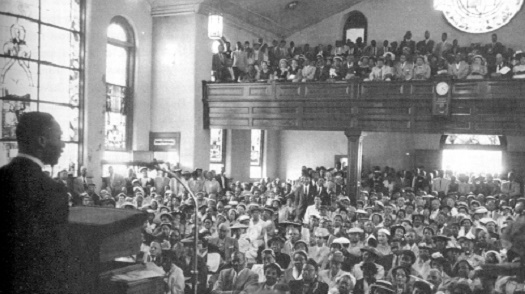
sources:
http://www.pbs.org/godinamerica/black-church/
https://www.nps.gov/nr/travel/civilrights/players.htm
http://www.huffingtonpost.com/2013/08/24/black-church-civil-rights-movement_n_3810530.html

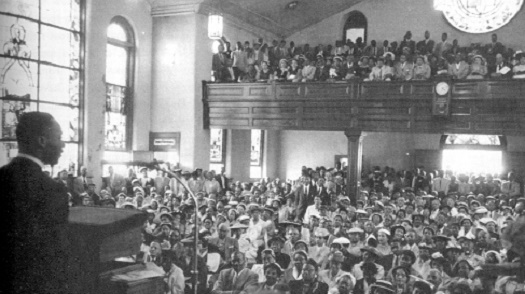



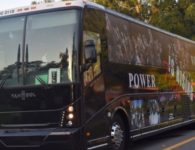
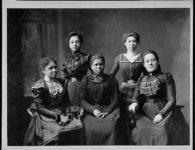
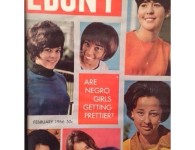
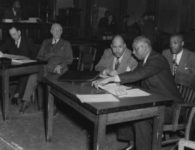
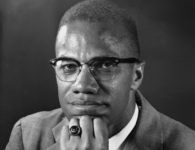
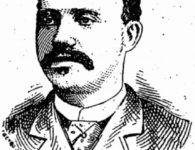
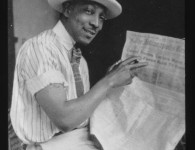
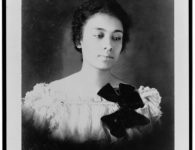

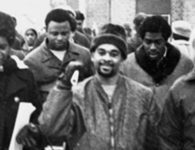
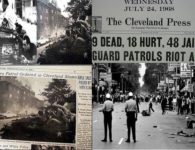
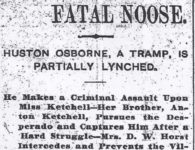
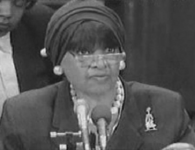

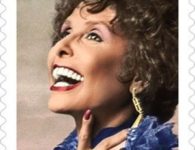

15 Comments
This paragraph provides clear idea in favor of
the new people of blogging, that genuinely how to do blogging and
site-building.
Synthroid 125 Without Prescription Viagra In Farmacia
This text is invaluable. When can I find out more?
I could not refrain from commenting. Perfectly written!
It is the best time to make some plans for the future and it’s time to be happy.
I have read this post and if I could I want to suggest you few interesting
things or tips. Maybe you could write next articles referring to this article.
I wish to read even more things about it!
Controindicazioni Cialis Acheter Du Viagra Sur Viagra Fur Manner Kaufen Amoxicillin Adverse
Acquistare Cialis Online [url=http://ilfrc.com]viagra cialis experiencias[/url] Flomax No Prescription
I’m not that much of a online reader to be honest but your
blogs really nice, keep it up! I’ll go ahead and bookmark your site
to come back in the future. Cheers
[…] of the market where they can come together voluntarily to solve community problems, such as the role of Black churches during the civil rights […]
[…] The American Revolution would probably never have gotten off the ground were it not for public meeting places—the most famous being Sam Adams’ tavern. Similarly, churches open to the public (although privately owned but regulated on a nonprofit basis) were the core of the 20th century’s Civil Rights movement. […]
[…] The American Revolution would probably never have gotten off the ground were it not for public meeting places—the most famous being Sam Adams’ tavern. Similarly, churches open to the public (although privately owned but regulated on a nonprofit basis) were the core of the 20th century’s Civil Rights movement. […]
[…] The American Revolution would probably never have gotten off the ground were it not for public meeting places—the most famous being Sam Adams’ tavern. Similarly, churches open to the public (although privately owned but regulated on a nonprofit basis) were the core of the 20th century’s Civil Rights movement. […]
[…] The American Revolution would probably never have gotten off the ground were it not for public meeting places—the most famous being Sam Adams’ tavern. Similarly, churches open to the public (although privately owned but regulated on a nonprofit basis) were the core of the 20th century’s Civil Rights movement. […]
[…] The American Revolution would most likely by no means have gotten off the bottom have been it not for public assembly locations — essentially the most well-known being Sam Adams’ tavern. Equally, church buildings open to the general public (though privately owned however regulated on a nonprofit foundation) have been the core of the 20th century’s Civil Rights motion. […]
[…] only way for us to move forward in healing this divided nation. We should not discount the crucial role of black churches in the civil rights movement, nor should we discount the good that a united […]